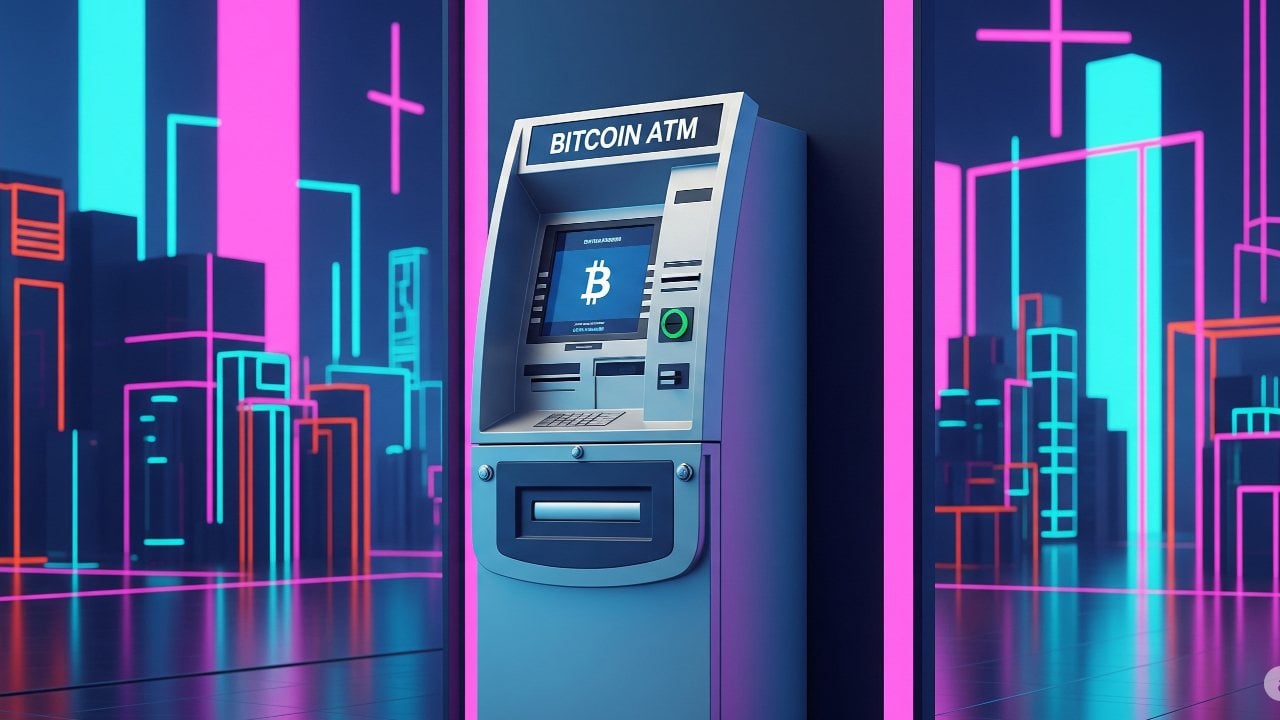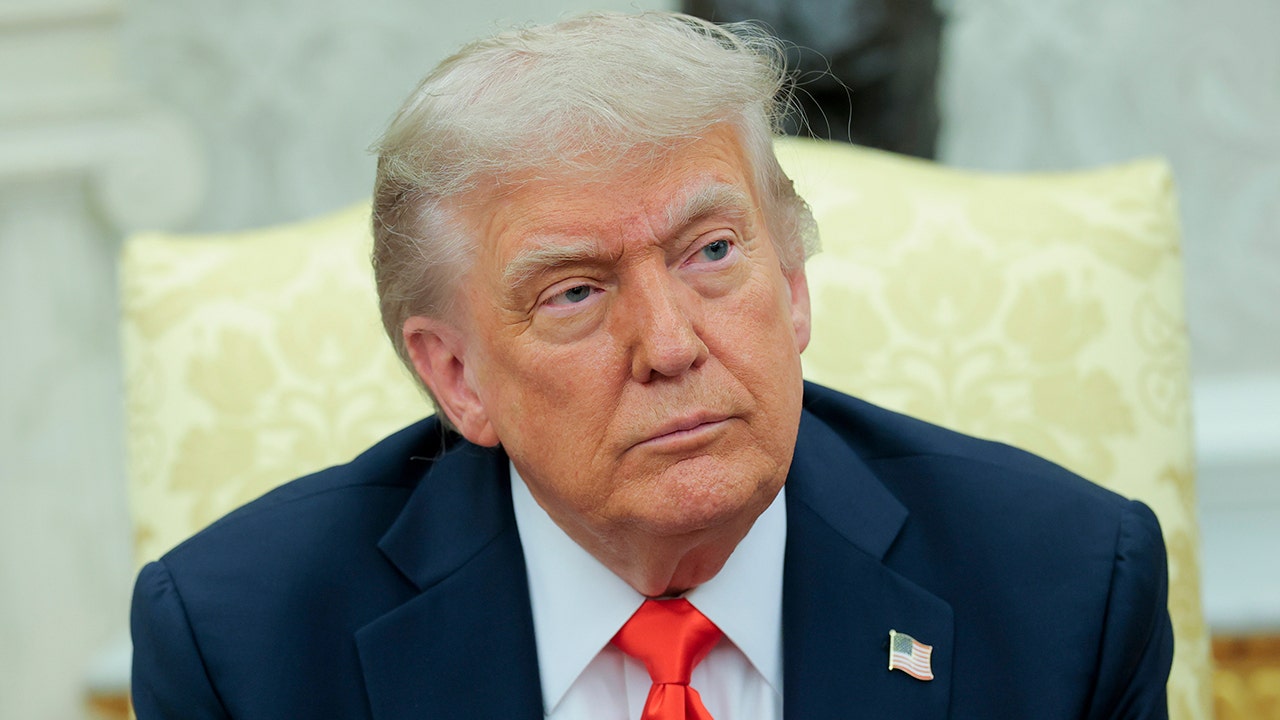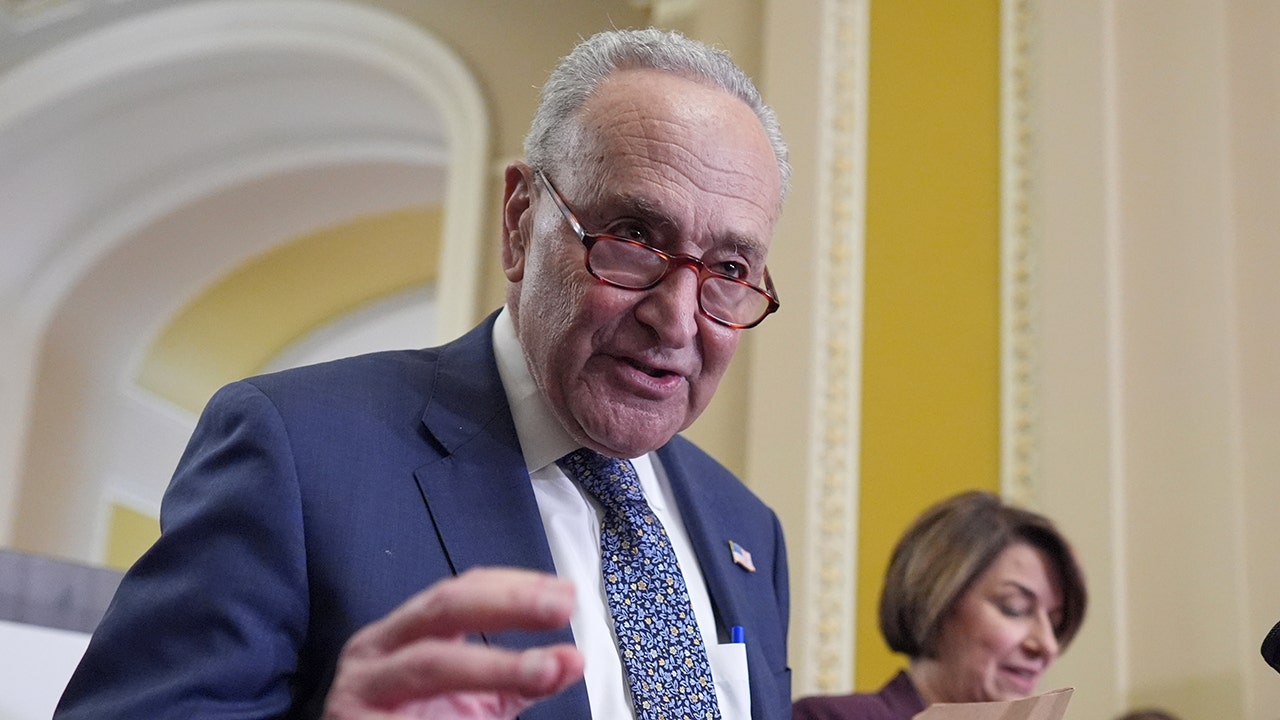Crypto
Cryptoverse: Ripple effect as explosive XRP leads market charge
/cloudfront-us-east-2.images.arcpublishing.com/reuters/HTH5NL2GW5MCLMZL7VKFK6HSUQ.jpg)
July 25 – XRP has become the unlikely white knight of crypto, thwarting its regulatory foes and dragging the market out of the doldrums.
The price of XRP popped 78% after a U.S. judge ruled on July 13 that issuer Ripple Labs’ sales of the token on public exchanges didn’t violate securities law, and it’s still up about 47%. Its market cap has ballooned to $36 billion from $25 billion and its crypto market share to 3.5% from 2% before the ruling, according to CoinMarketCap.
Ripple’s landmark victory has galvanized the wider market for altcoins – cryptocurrencies excluding bitcoin – as much of the regulatory scrutiny on the sector focuses on whether some tokens should be classed as more tightly-regulated securities.
“It’s a big milestone for the altcoins sector, it is fair to assume that if XRP is not a security, barely any other digital asset can be considered that way,” said Matteo Greco, analyst at fintech and blockchain investment firm Fineqia International.
Indeed, the altcoin market cap has jumped to $665.2 billion from $636.38 billion before the ruling, according to CoinGecko, while a Cryptoquant index of the prices of the coins targeted as potential securities by the SEC has jumped 11%.
“For the first time, it seems like we have rules of the road for how to evaluate these tokens,” said Ben Weiss, CEO of crypto ATM network CoinFlip.
The cheer spread throughout cryptoland, with bitcoin – which is generally considered a commodity rather than a security – touching a 13-month high after the ruling though it has since dropped back down below $30,000.
XRP VS STABLECOINS
It’s certainly not all smooth sailing for Ripple, or altcoins more generally, though. The SEC is likely to appeal the ruling, according to some legal experts, while trading volumes for the crypto space in general are still low compared to a year ago.
The lawsuit, combined with the rise of competitors such as stablecoins also hurt the token’s use in practical applications like payment settlements and remittances.
Ripple Labs said last week that its pursuit of sound crypto regulation in the U.S. was far from concluded. In the meantime, it said it would continue to invest in jurisdictions that have embraced clear regulatory frameworks.
The company was relisted by several crypto exchanges in the wake of its legal win, and some institutional investors are taking note; a Coinshares survey of 51 digital asset managers managing $900 billion in assets found 10% of investors are investing in altcoins, versus 5% last month, with some reducing positions in ethereum and bitcoin in favor of smaller altcoins like XRP and polkadot.
“Legal clarity on the token itself opens the door again to Ripple’s long-stated use cases as a settlement layer,” said Joseph Edwards, head of research at Enigma Securities.
He pointed to the massive growth of U.S. dollar stablecoins since 2020 as a factor for eroding XRP’s usage in settlements and remittances, as those tokens became favored for use in cross-border payments.
“A lot depends on how much dry powder Ripple Labs has to deploy to new business development initiatives,” said Edwards.
Reporting by Lisa Pauline Mattackal and Medha Singh in Bengaluru; Editing by Pravin Char
Our Standards: The Thomson Reuters Trust Principles.
Opinions expressed are those of the author. They do not reflect the views of Reuters News, which, under the Trust Principles, is committed to integrity, independence, and freedom from bias.

Crypto
Titobet: A Privacy-First Crypto Gambling Platform – Branded Spotlight Bitcoin News

Crypto
Operator, employee of Bellflower company are charged in $1 million crypto investment scheme, DA says

LOS ANGELES (CNS) — The operator and employee of a Bellflower financial services company are accused of allegedly stealing more than $1 million from low-income, primarily Spanish-speaking victims through a fraudulent cryptocurrency investment scheme, officials announced Friday.
Yone Rios, 53, of Rancho Cucamonga and Erwing Cuevas, 35, of Norwalk are each charged with 30 felony counts of grand theft. Rios is additionally charged with one felony count of forgery relating to an item exceeding $950 in value and one felony count of passing a non-sufficient funds check exceeding $950, according to the Los Angeles County District Attorney’s Office.
Between September 2020 and December 2022, Rios and Cuevas allegedly operated the scheme under the guise of a cryptocurrency mining business known as Zukre Platform Corporation. Although Zukre claimed to install, maintain and operate computing equipment to mine cryptocurrency, the company conducted no such operations and was not a registered business in California, prosecutors said.
The defendants allegedly recruited victims through their financial services business, Fuego Tax, also known as Supremo Tax, in Bellflower. Victims visited Fuego Tax to obtain assistance applying for high-limit credit cards and loans, but were often urged to use the loans or credit that Fuego Tax had assisted them in applying for to pay into the scheme, the District Attorney’s Office alleges.
Prosecutors contend Rios and Cuevas told victims that the investments were risk-free, guaranteed and protected by insurance. They allegedly provided “clients” with written contracts and instructed them to download a Zukre- branded mobile application, which purported to show ongoing profits from their investments, officials said.
Individual investments ranged from nearly $4,500 to $280,000. Despite repeated attempts, none of the victims received any returns or was able to recover their principal investments, according to the District Attorney’s Office.
Prosecutors are requesting bail be set for each defendant at $600,000.
If convicted as charged, Rios would face a sentence of up to 23 years and eight months in state prison, while Cuevas would face up to 21 years and four months behind bars, authorities said.
“My office will not tolerate financial predators who purport to offer legitimate services, but instead offer lies and devastating financial loss,” L.A. County District Attorney Nathan J. Hochman said in a statement. “Let me be clear: If you steal from our communities, whether in the streets or through sophisticated investment or cryptocurrency schemes, we will find you and hold you accountable to the fullest extent of the law.”
Copyright © 2025 by City News Service, Inc. All Rights Reserved.
Crypto
Bitcoin ATM Giant Hit With $300K Penalty – News Bytes Bitcoin News

-

 Business1 week ago
Business1 week agoDriverless disruption: Tech titans gird for robotaxi wars with new factory and territories
-

 Technology1 week ago
Technology1 week agoMeta held talks to buy Thinking Machines, Perplexity, and Safe Superintelligence
-

 Technology1 week ago
Technology1 week agoSamsung’s Galaxy Watch 7 has returned to its lowest-ever price
-

 Technology1 week ago
Technology1 week agoSpaceX Starship explodes again, this time on the ground
-

 Movie Reviews1 week ago
Movie Reviews1 week ago‘8 Vasantalu’ movie review: Phanindra Narsetti’s romance drama is ambitious but lacks soul
-

 Education7 days ago
Education7 days agoHere Is All the Science at Risk in Trump’s Clash With Harvard
-

 Politics1 week ago
Politics1 week agoTrump demands special prosecutor investigate 'stolen' 2020 election, loss to Biden
-

 Technology7 days ago
Technology7 days agoTesla’s robotaxi is live: here are some of the first reactions




















